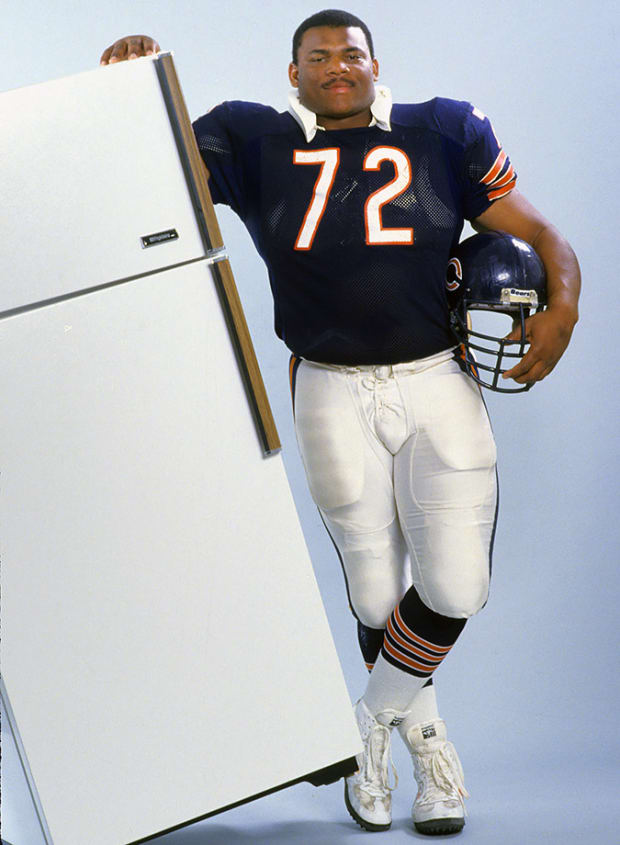I’m not big on nostalgia, but I have to admit that an event we’re attending this weekend has me reminiscing and remembering. The theme of the event is 1940s Radio Days, and we are invited to dress in 1940s vintage. I’m not big on dress-up either. I never won best prize for a Hallowe’en costume. But somehow, this time, I am moved to do so. Please don’t ask me why. I have no idea. And I might just burst into sentimental tears.
In any event, reliving the 40s reminded me of an essay I wrote a while back about being a pre-boomer, and how that made me a part of a generation without a title. Or so I thought. Therefore, in stride with my recent walk down Memory lane, I thought it fitting to revive it here.
Generation ____?
It occurred to me the other day that I was invisible. Not just me, but my entire generation. It appears that we lack importance. I’m basing this rather sad conclusion on the fact that we have been entirely overlooked by the folks who bestow catchy cohort labels.
Let’s get specific. At the risk of revealing my true age, which most of you already know, I’m referring to those of us born between 1926 and 1946. Admittedly, I have steel wool in my brain when it comes to math, but according to my calculations we number almost 28 million (2010 U.S. census), and yet we go about our daily lives without a cultural tag. And personally, I’m feeling a bit resentful. What kind of legacy is this to leave to our children and grandchildren, otherwise known as the Xs and the Ys, and possibly the Zs?
Born too late to be World War II heroes, and too early to be a part of the post-war birth explosion, we have wound up sandwiched awkwardly between the Greatest Generation and the Baby Boomers. An entire generation without a context.
No doubt a result of having too much time on my hands, I decided to delve into this matter a bit further. Perhaps understanding the genesis of other generational labels would allow me to suggest something clever and catchy for my own. Something that would acknowledge the “nameless” 28 million. Something that might fit neatly as a crossword puzzle answer or a response to a question on a TV game show.
Well, thanks to Tom Brokaw, who happens to be one of the nameless himself, those born between 1901 and 1926 were widely lauded as the Greatest Generation. I don’t disagree. They survived the Depression and fought the Second World War. They deserve the recognition, but come on, Tom, whatever happened to taking care of your own?
And the hype about the baby boomers? Aren’t you just sick of it? Those born between 1946 and 1964 think they’re so special. And who can blame them with all the attention they’ve always gotten from the media and the marketers. Big deal. So you’ve earned a lot of money and went to Woodstock. But you have no exclusive claim to rock ‘n roll, civil rights or feminism. Some of us latter-born question marks were right there with you.
Generation-naming just kept moving forward, leaving us further in the dust. Soon there was Gen X, a term with literary roots co-opted by Madison Avenue. Covering roughly the years 1966 to the early 1980s, the X originally meant that the fate of this generation was unknown. Gen Y was so-called because it was the next letter of the alphabet. These folks are also known as the millennials because the majority came of age after the turn of the century. There are actually more of them than there are boomers. But I’m getting a little sick of the attention they’re getting, as well, with all the tweeting and lnstagramming, and the me-me-me attitude. But what else can you expect from a generation that wins ribbons just for showing up? All of that self-centeredness, however, does not make them ineligible for a unique identity, even if the word “millennial” does evoke visions of a mutli-legged insect.
And have you heard about Gen Z, also known as iGen? Born after 2001, and at the time of their naming, barely old enough for a bar mitzvah, they already have the attention of the cultural pulse-takers, while their grandparents and great grandparents slip further into obscurity. All of which brings us to today, when I’m sure somewhere someone is working hard at predicting the zeitgeist of a generation yet to be born, and trying to figure out a catchy name.
So back to the predicament of the nameless 28 million. Surely there were significant events during our decades that would lend themselves to an overriding identity. For example, I’ve heard us referred to as “depression babies” or the “war babies,” but those are such downers Certainly we can do better.
So we are the generation that saw: the end of prohibition, the New Deal, Social Security, Superman, and sliced white bread. (Forgot the last one. I think I’d rather be known as a “war baby.”) The truth be told, I actually discovered that my generation did, in fact, have a name. If you’re not a sociologist, I challenge you to tell me what it is. I don’t recall ever seeing it used in any type of popular media in my lifetime. If you were born between 1926 and 1945, welcome to the “silent generation.” The “silent generation.” How does that sit with you? Called thus because we didn’t make waves, worked hard, and stuck by good old-fashioned values. All positive traits, I suppose, but so boring!
“What’s in a name?” asked Juliet from her balcony in Verona. But at our age, should we really be debating existential questions with an iGen?








I hope we not ‘Flappers’ 💃🕺🏻
Not quite that old!
If you’re looking for some more letters to describe us, how about the “TV Generation,” since television came into its own while we were growing up?
Taking it under consideration….
Interesting column. I have always felt like the Wallpaper Generation. Invisible, indeed.
Good observation!
Yes, we are definitely members of the Silent Generation. Think of the many changes and inovations we’ve seen!
True true!